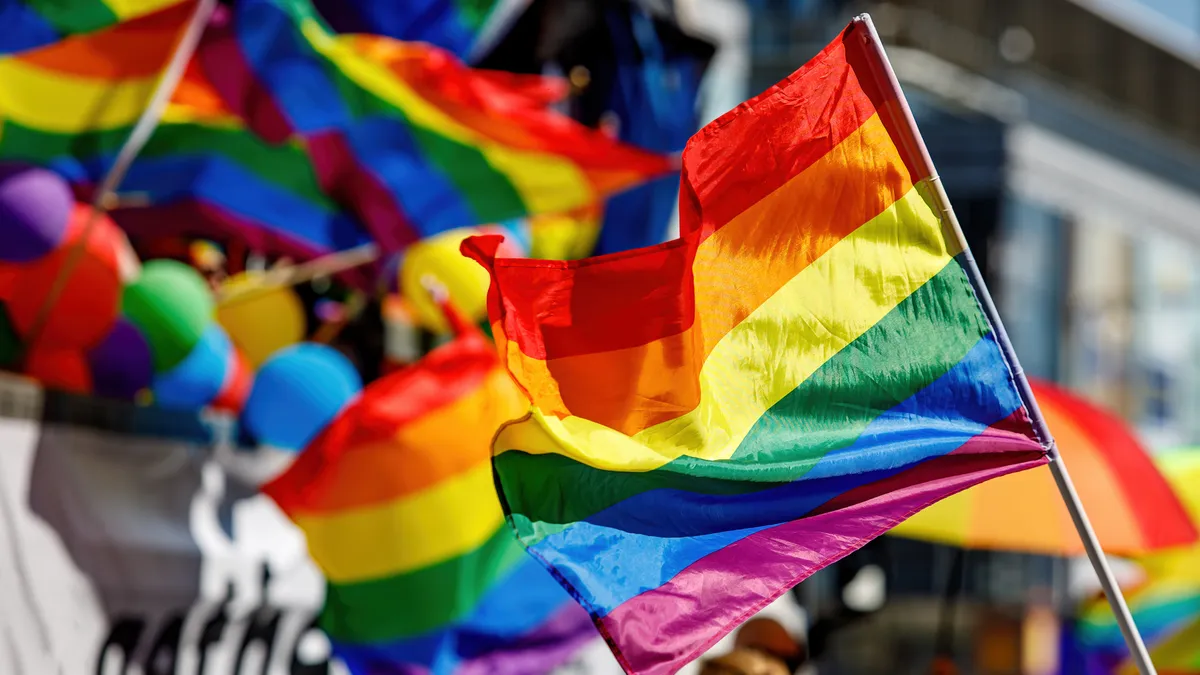Progress often happens in slow trickles. And in the movement toward LGBTQ+ equality, small political advances over decades have led to a larger cultural shift. In just the last 10 years, same-sex marriage became legal across the U.S., the first openly gay politician was elected to Congress, and discrimination based on sexual orientation and gender identity was declared illegal under the Civil Rights Act.
At the same time, the climate toward LGBTQ+ people has become increasingly hostile, with more state legislatures introducing bills to restrict the rights of gay, queer and transgender people.
Despite progress in the corporate sphere, these attitudes have seeped into the workplace. A 2022 survey from Gallup found that only 17% of LGBTQ+ respondents agreed that their company cared about their wellbeing. Another survey by the Center for American Progress found that half of LGBTQ+ adults in U.S. experienced some form of workplace discrimination in 2021.
Many corporations are implementing policies and inclusivity trainings to protect employees from abuse and increase workforce morale. And recent research from the London School of Economics found that these policies could increase a company’s bottom line; corporations with LGBTQ+ friendly policies “are more profitable and have higher stock market valuations,” it found.
But what does it take to make an LGBTQ+ inclusive workplace? According to the Human Rights Campaign (HRC) Foundation, which for the last 20 years has published equality ratings for large corporate employers, there are four criteria: a comprehensive nondiscrimination policy that clearly includes sexual orientation and gender identity as protected characteristics, equitable benefits for LGBTQ+ employees and their families, a positive culture, and social responsibility efforts.
17% of LGBTQ+ respondents said their company cared about their wellbeing.

Gallup 2022 employee wellbeing study
To get a perfect score, or 100%, on the index, a company must have written policies that specifically address all four criteria. In order for companies to earn a top score in the workplace benefits category, they must “address the root problem of transgender exclusion in coverage and fully affirm healthcare coverage for medically necessary transition-related care and other routine chronic conditions.”
In the inclusive culture and social responsibility categories, a company must create three organizational initiatives and three external initiatives that show a commitment to the community.
Out of the 1,200 participants in the latest edition of the index — which includes Fortune 500 companies, the top 200 revenue-grossing law firms and other large- and mid-sized businesses that voluntarily participate — 842 received a perfect score, including 21 large pharma companies.
Many of these companies have bolstered their policies in the last decade, as the tide in the U.S. turned toward greater LGBTQ+ equality. But several pharmas are celebrating over 10 years with perfect scores on the HRC index — and there’s a lot to learn from their successes.
Here’s a look at some of the strategies these companies are implementing to create both a positive internal culture for employees and a more inclusive society.
Bristol Myers Squibb
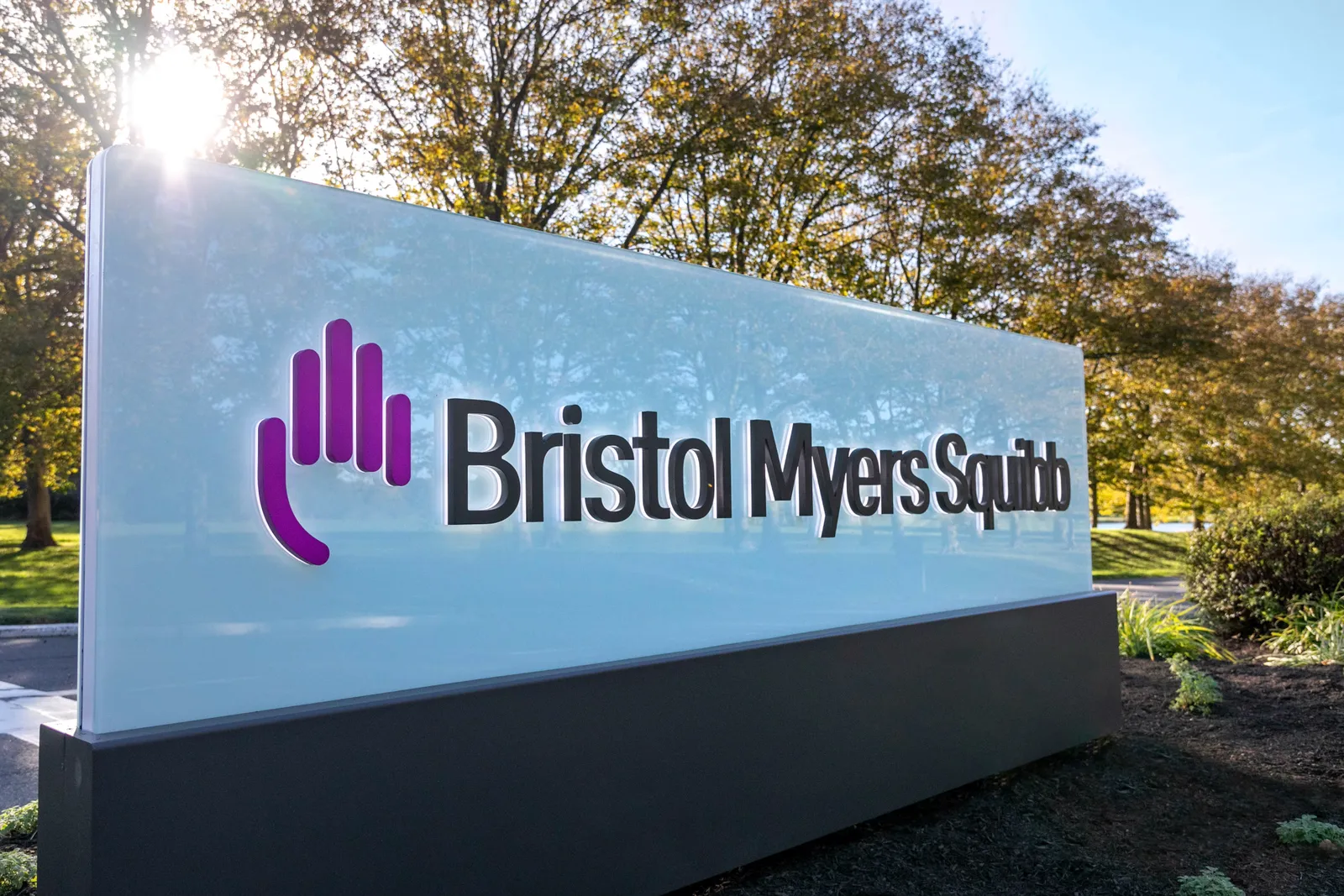
Culture: From encouraging workers to disclose their LGBTQ+ status in human resources surveys to encouraging the creation of its Pride Alliance employee resource group (ERG), BMS has sought to cement a positive and safe culture for its gay, trans and queer employees.
Tracking LGBTQ+ metrics is key to improving diversity across a company, particularly in senior leadership positions, according to the HRC. And BMS’ Insights for Success program does that, with options for employees to disclose their sexual orientation and gender identity and language that encourages them to do so. In just two years, between 2019 and 2021, the effort led to an increase in those willing to self-identify as LGBTQ+ from 6.4% to 14.8%.
Social responsibility: The company also supports a range of external programs to improve conditions for the LGBTQ+ community. For instance, as one of the leading cancer drug makers, it sponsors the COLORS training initiative from the Moffitt Cancer Center to teach oncologists about the challenges and medical needs facing LGBTQ+ patients. An estimated 15% of those who identify as part of the community say they postpone or avoid medical treatment out of fear of discrimination, and the training is designed to eliminate those barriers.
In 2020, BMS also joined companies from across sectors to support the Equality Act, legislation that would codify nondiscrimination protections for LGBTQ+ people in the U.S.
Eli Lilly and Co.
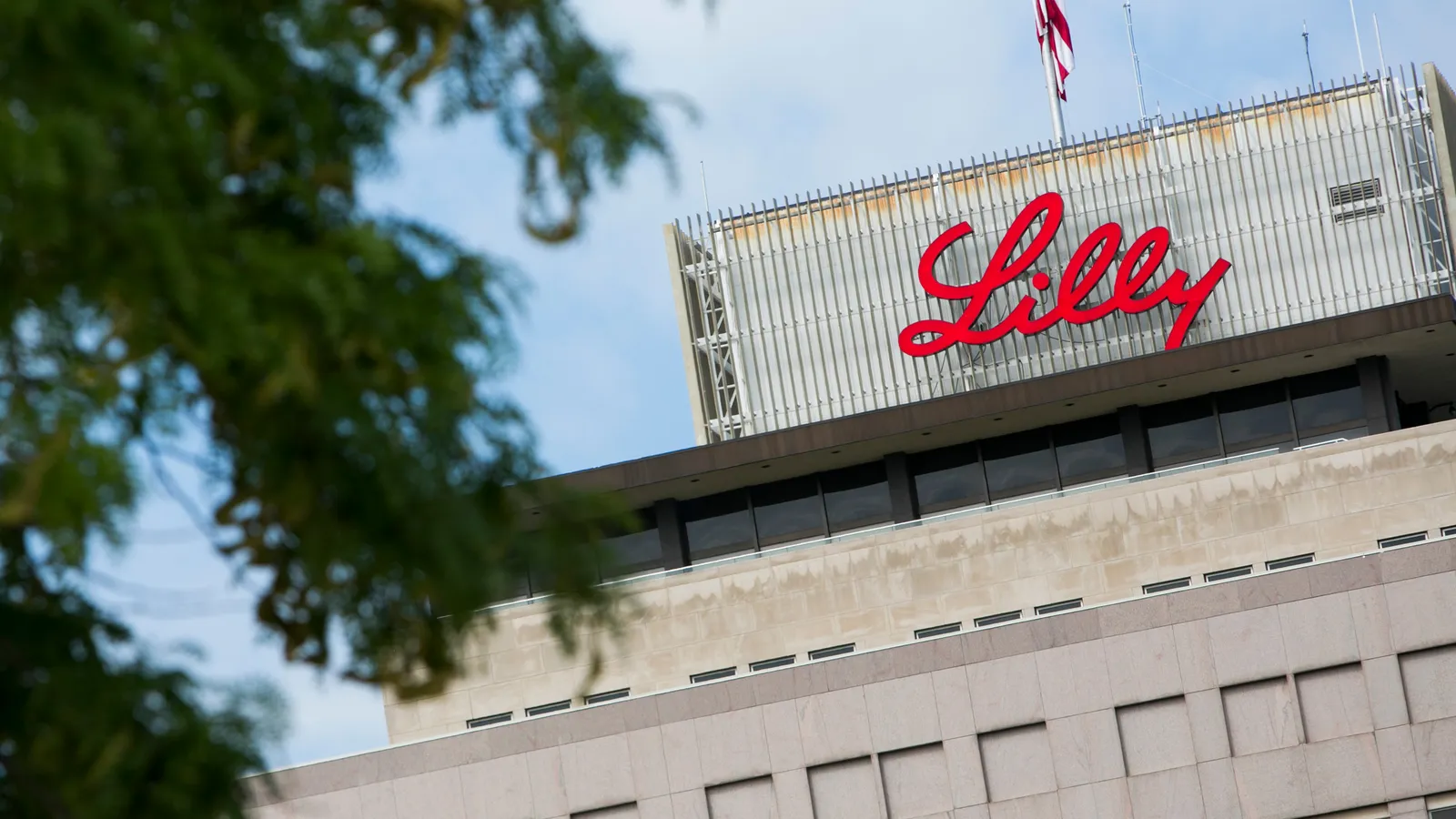
Culture: Lilly’s Reverse Mentoring program gives LGBTQ+ employees the chance to teach senior leaders from across the company about diversity issues. Leaders who sign up for the program are paired with two mentees who assign articles and learning activities that are used as jumping off points for discussions. As the program progresses, leaders are asked to think about changes they’d implement to ensure greater inclusion in the workplace. Additionally, Lilly developed an education training program to build cultural literacy around LGBTQ+ issues for all employees to take.
Social responsibility: Lilly joined BMS and other to support the Equality Act and, earlier this year, donated $500,000 to the Trans Solutions Research and Resource Center, an intervention program that provides life development resources to transgender and nonbinary communities.
Genentech
Culture: In 1994, Genentech became one of the first companies in the U.S. to extend benefits coverage to same-sex domestic partners. Today, it’s built on that foundation by including gender-affirming coverage and support services in all of its health plans and programs that allow employees to find LGBTQ+ friendly and clinically competent physicians. The company’s employee resource group, gPRIDE, regularly hosts events and communicates with Chief Diversity Officer Quita Highsmith to improve programming, including self-paced workshops covering gender diversity, allyship and microaggressions.
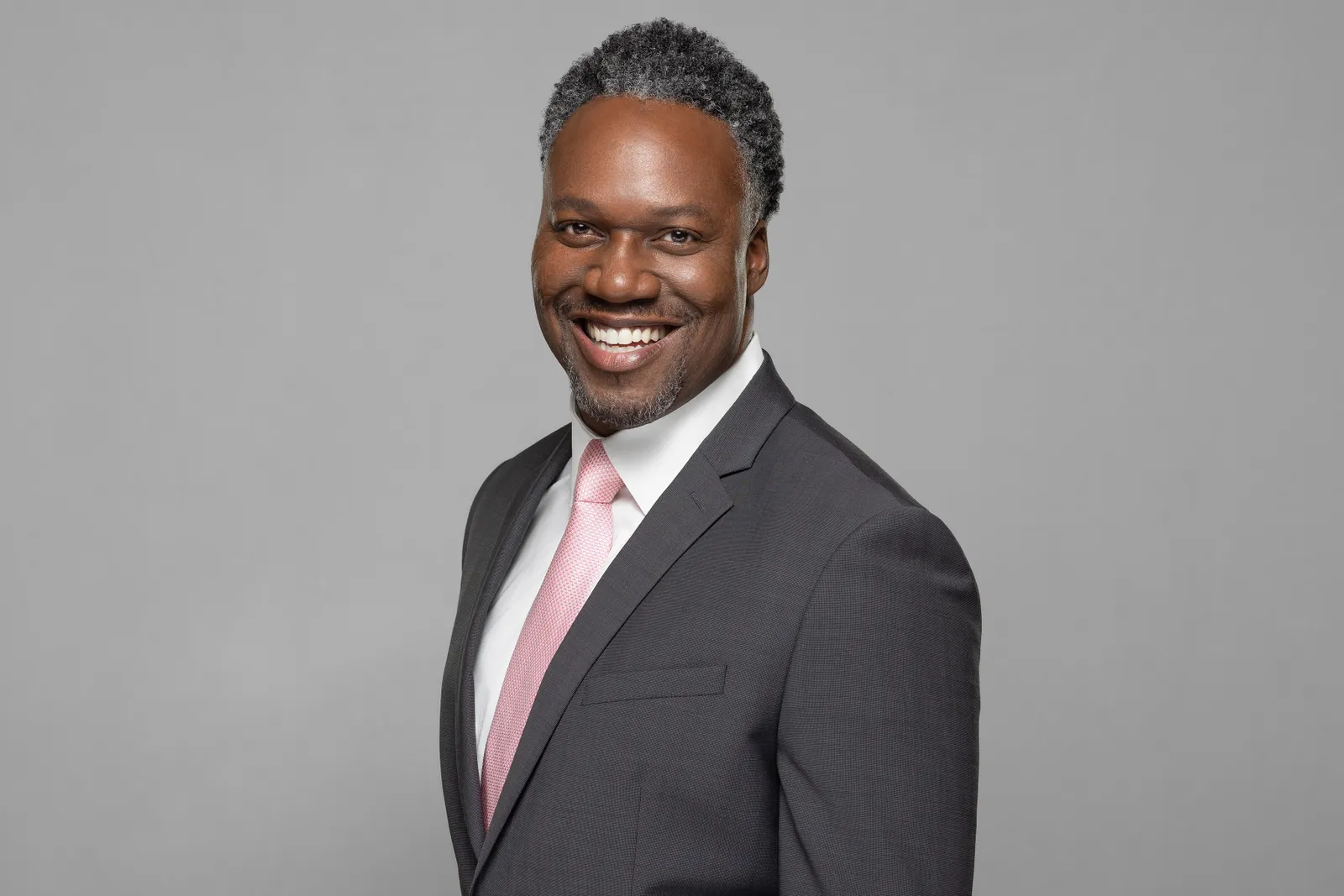
“These robust offerings are meant to meet all employees where they are on their D&I learning journeys to create a shared understanding across our organization of how intersectionality, bias, and privilege impact the ways we all interact with the world and provide the tools needed to challenge inequities when we encounter them,” Jayson Johnson, head of diversity and inclusion business partnering at Genentech, told PharmaVoice in an emailed statement.
Social responsibility: Genentech joined over 300 companies in signing on to the HRC’s business statement opposing anti-LGBTQ+ state legislation, which calls for “public officials to abandon and oppose efforts to enact … discriminatory legislation.” That same year, it also launched a survey to better understand the challenges and needs of underrepresented patient groups, including the LGBTQ+ community, to inform its drug development approach.
GSK
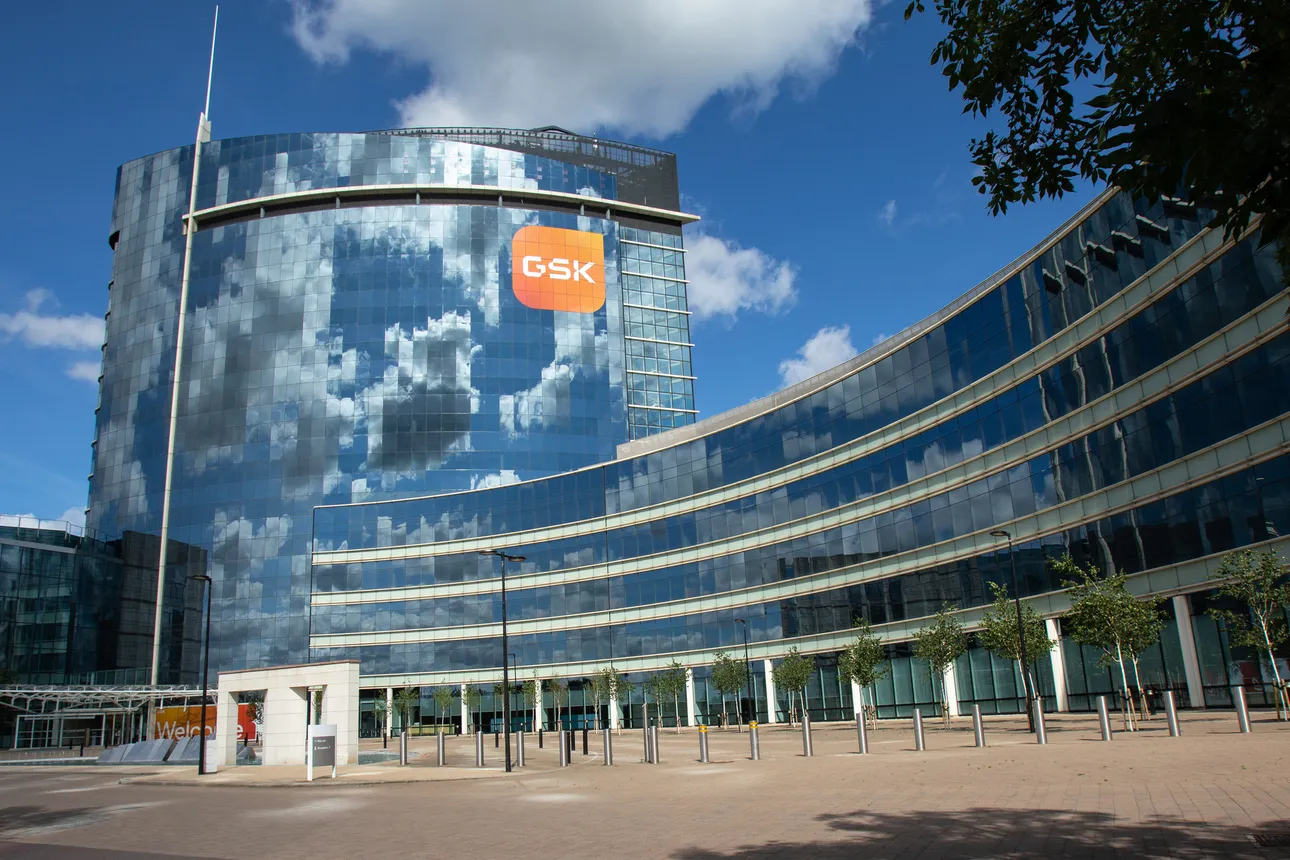
Culture: Like many ERGs, GSK’s Spectrum Group, founded in 1996 for gay, lesbian, bisexual, transgender and straight ally employees, organizes programming to increase understanding of issues impacting the LGBTQ+ community. The ERG spent time on Capitol Hill in 2020 to discuss with U.S. lawmakers the need for inclusive workplace benefits packages and led the U.K.-based company to join both Open for Business and the Proud Science Alliance, coalitions dedicated to LGBTQ+ inclusion.
Social responsibility: GSK has a long history of supporting policy reforms for LGBTQ+ equality, including the submission of a corporate amicus curia to the Supreme Court in support of same-sex marriage in the 2015 case Obergefell v. Hodges. Like Eli Lilly, in 2020 GSK also signed a petition in support of the Equality Act, which has yet to pass in Congress.
J&J

Culture: J&J for years has led the way in implementing LGBTQ+ friendly policies. The company created its Open and Out ERG, which now boasts over 4,000 members, over 30 years ago and began granting domestic-partner benefits nearly 20 years ago. Like Genentech, it now offers health insurance benefits for transgender employees, including for transition surgery, and has a designated trans liaison at the company to help employees who are transitioning.
Social responsibility: As with many of the companies on this list, J&J signed petitions from corporate leaders across U.S. sectors both in support of the Equality Act and against anti-LGBTQ+ state legislation. Last year, it also compiled resources on mental health for the LGBTQ+ community under its “Depression Looks Like Me” campaign, which sought to decrease stigma around the disease.
“Consistent with our sustained commitment to DEI, we oppose actions that promote discrimination or mistreatment of LGBTQ+ individuals and will continue to support this community through our employee policies, business practices, and advocacy,” the company said in a statement to PharmaVoice.
Pfizer
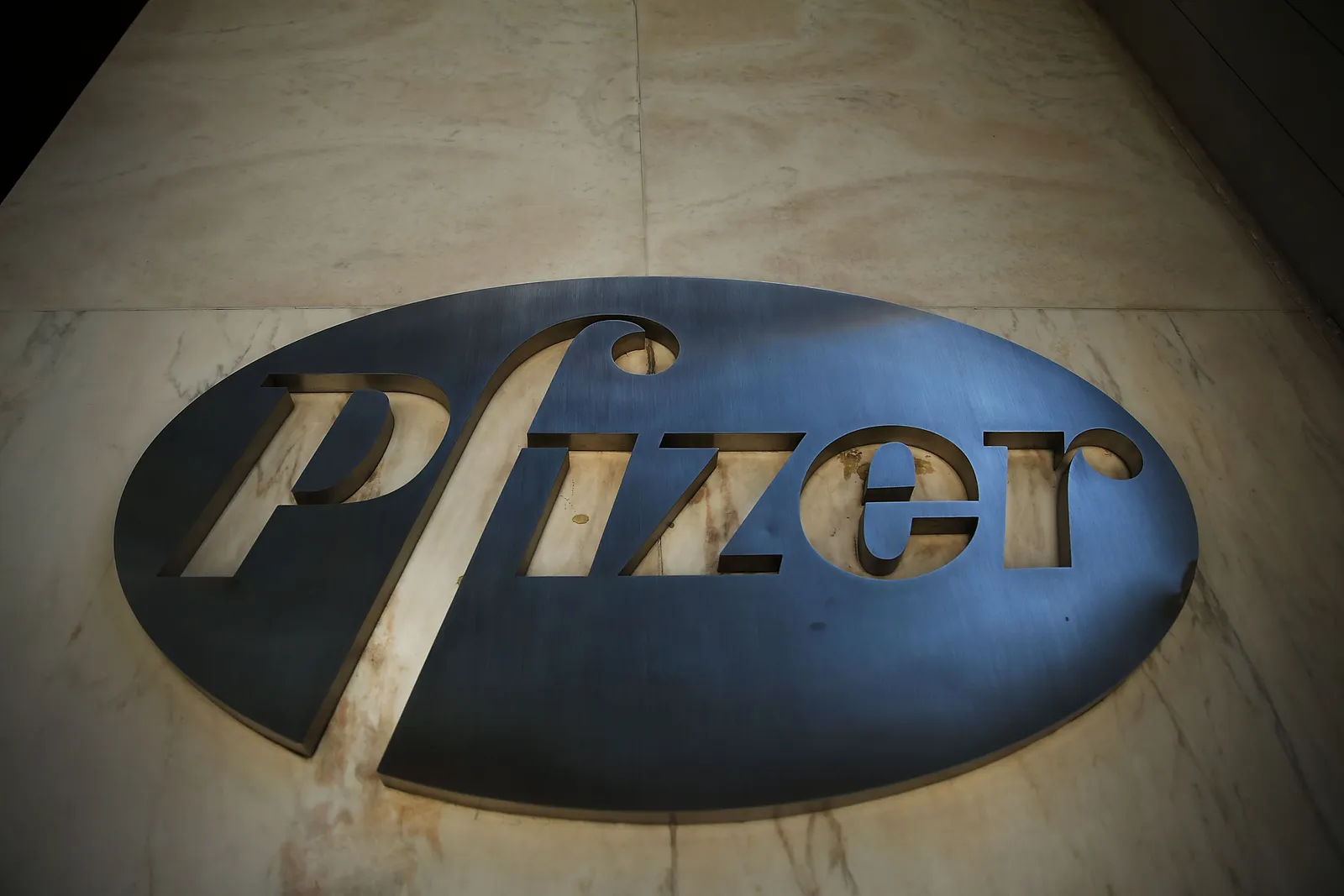
Culture: Every year, Pfizer publishes a Pride Journal wherein LGBTQ+ employees share stories about their personal experiences to raise awareness across the company. It also mandates LGBTQ+ outreach and support programs as part of its broader diversity initiatives, providing employees opportunities to engage in discussions at events like its 2021 Global Diversity, Equity and Inclusion Summit.
Social Responsibility: Pfizer publicly opposes anti-LGBTQ+ state legislation and announced support for the Equality Act. It also partners with LGBTQ+ activists, like Laverne Cox, in social media campaigns to use its platform to draw attention to broader issues facing the LGBTQ+ community.




